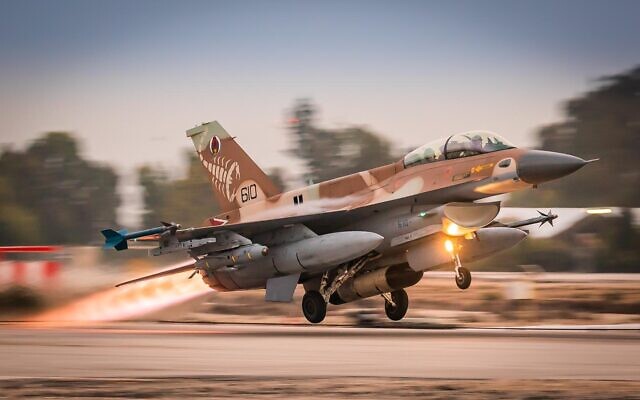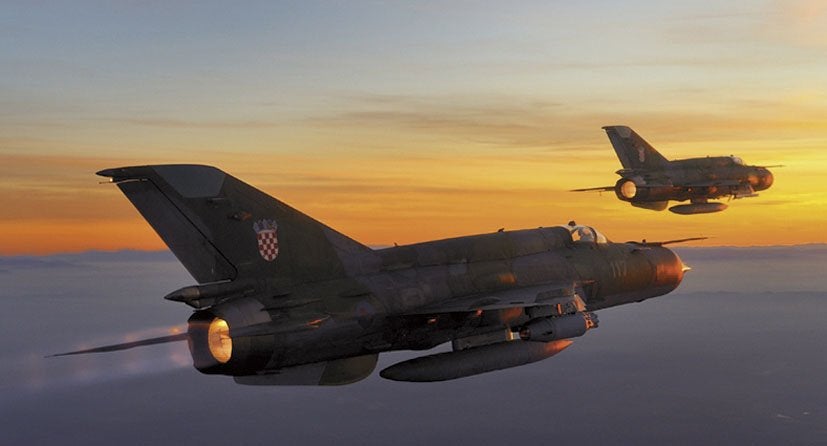Cash-strapped Croatia Seeks Fighter Jets
The Croatian Ministry of Defense is again seeking a replacement for its outdated MiG-21bis. An offer from Israel for the sale of some of the Israeli Air Force’s (IAF) F-16s was canceled due to the US administration rejecting the proposal. The $500 million deal would have seen 12 aircraft transfered. The IAF F-16s were modernized and more attractive to the Croatians but the Israeli changes reportedly interfered with Lockheed Martin’s capacity to upgrade the plane in the future. The manufacturer demanded that if IAF wanted to sell its jets, it had to reverse the modifications.

At the beginning of October, the Croatian Ministry of Defense received four offers for evaluation. The offers were for F-16C/D Block 30 jets from Israel, F-16V Block 70/72 from the US, Dassault Rafales from France, and Saab Grippen C/D from Sweden. The Americans and Swedes propose newbuilt aircraft, while Israel and France offer surplus airframes.
The Croatians seek 12 jets to replace their ageing MiGs. Problems began in 2013, when it was decided that 12 Fishbeds (the MiG’s NATO reporting name) will continue their service for another decade. Out of 24 jets only 7 were chosen for refurbishing while the remaining 5 were to be purchased from abroad. Additional MiGs were purchased from Ukraine. The jets came with a lot of controversies including the unsatisfactory level of renovation works, unknown parts being used, and allegations of corruption.
The defense budget of Croatia has been cut due to the economic impact of the COVID-19 pandemic. Instead of the originally estimated $800 million, the Croatian MoD will have to manage with a 10% loss of funding. Under these circumstances it is quite clear that the purchase of surplus jets is more attractive to the Croats rather than ordering a newbuilt batch from Sweden or the US. The limitations posed by the budget are not the only key factor. Croatia wants to receive the planes by the end of 2023 in order to increase its defensive capabilities.
We will have to wait for the final outcome of the Croatian fighter jet purchase program. In the meantime the Croats are suffering from the lack of a modern jet fighter. There is no optimal solution for the challenges posed to their national security. As a member of NATO in the Balkans it is essential for Croatia to acquire and manintain improved capabilities to increase NATOs position in the Balkans.

